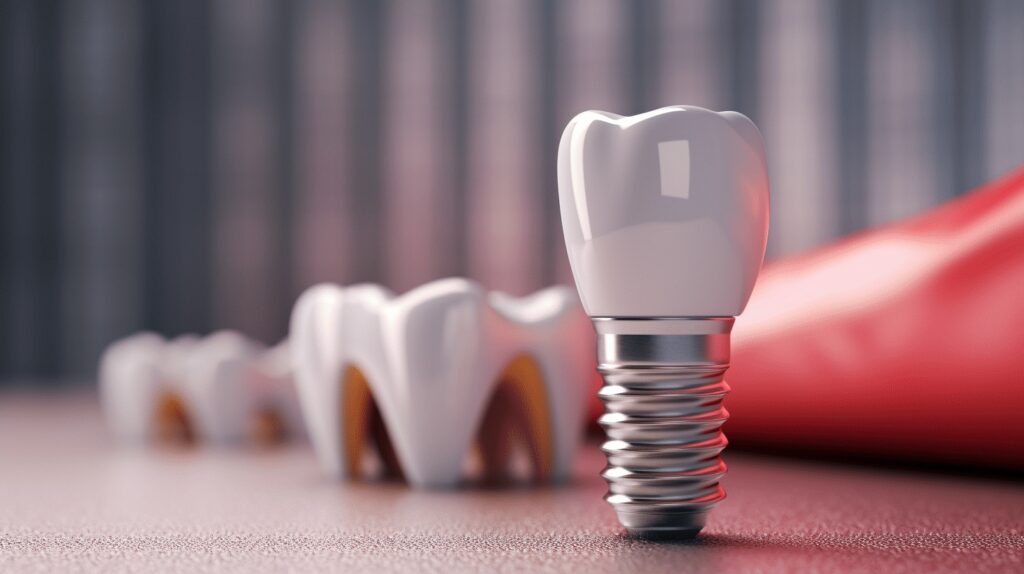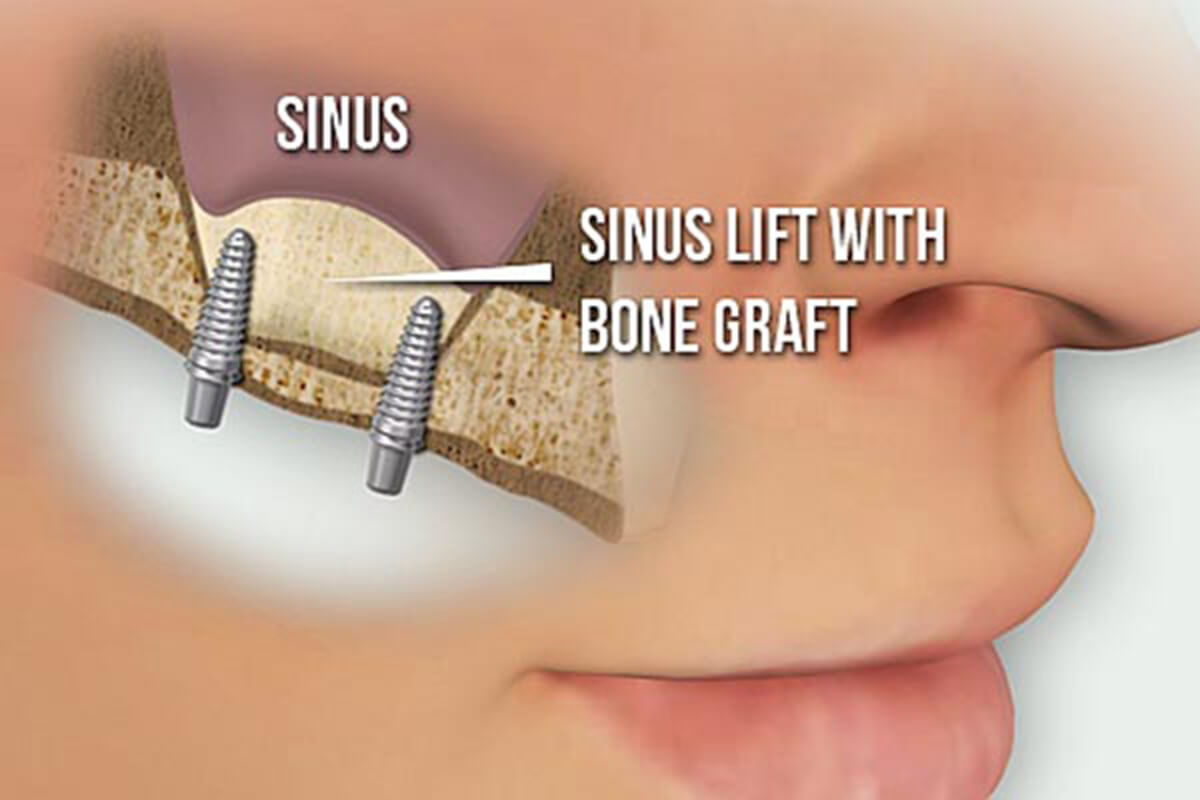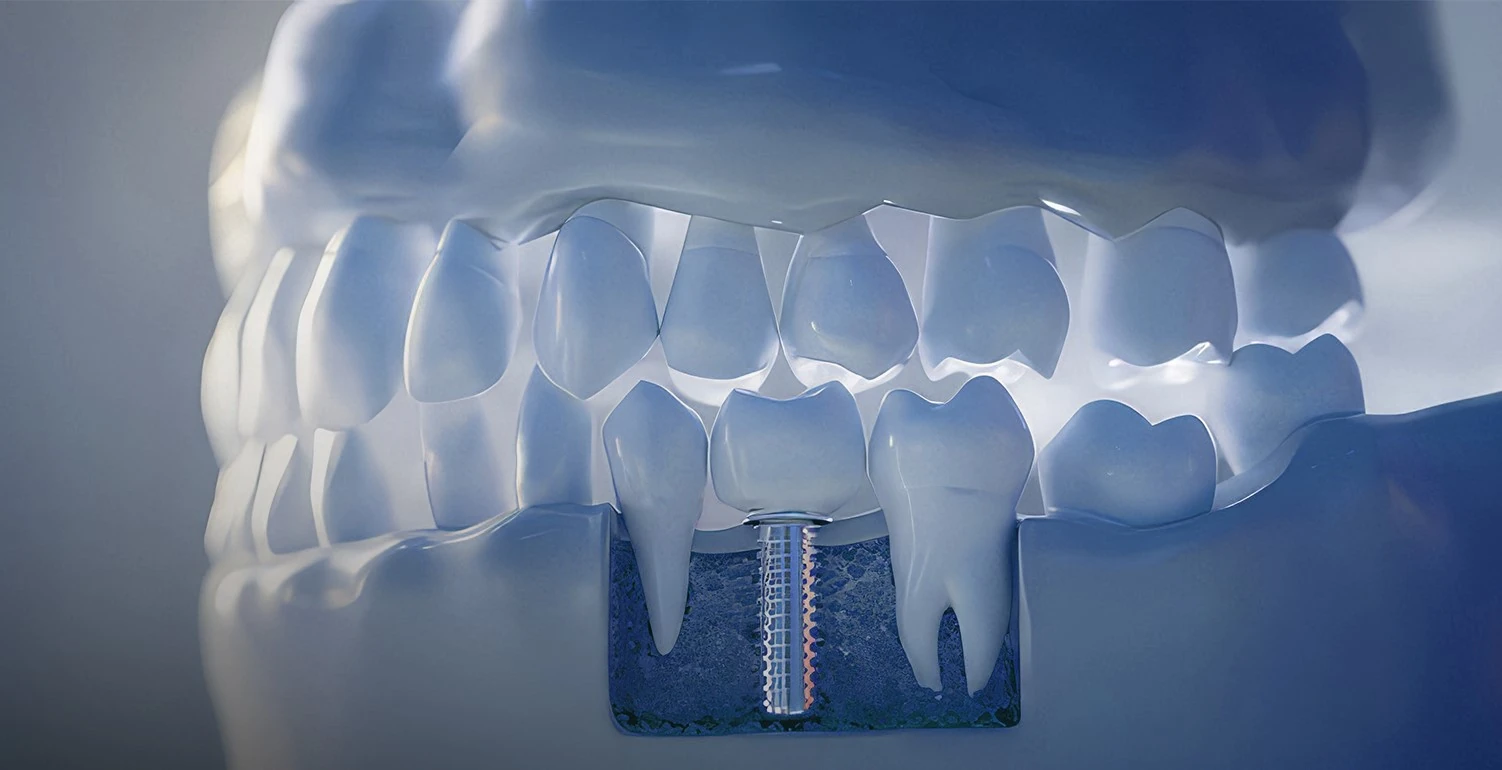Dental implants have a success rate of over 95%, making them one of the most reliable solutions for tooth replacement. However, like any surgical procedure, complications can arise, especially if proper care and planning are overlooked.
Understanding potential problems before they happen can make all the difference in your recovery and long-term success.
Below, we break down five common dental implant complications and offer clear, actionable ways to avoid them.
1. Infection at the Implant Site
You wouldn’t skip cleaning a new car, right? Implants are no different. One of the most frequent complications is peri-implantitis, an infection of the tissue surrounding the implant. It’s usually caused by poor oral hygiene, smoking, or untreated gum disease. If left untreated, it can lead to bone loss and implant failure.
But how to avoid it?

- Brush and floss daily, just like with natural teeth.
- Schedule professional cleanings every 6 months.
- Quit smoking increases implant failure risk by up to 20%.
2. Nerve or Tissue Damage
Improper placement of the implant can result in nerve damage, causing numbness, tingling, or chronic pain in the lips, gums, or chin. Though rare, this risk is heightened if the planning stage lacks precise imaging.
Prevention tips:
- Always choose a dentist who uses 3D imaging (CBCT scans).
- Confirm their experience, ask how many implant procedures they’ve done.
3. Implant Loosening or Failure
Dental implants should feel like your natural teeth. If they loosen, it may be due to insufficient bone support or poor osseointegration, the process where the implant fuses with the jawbone. Studies show early loading (putting pressure on the implant too soon) increases failure risk.
To reduce the risk:
- Follow your dentist’s healing timeline strictly.
- Ensure a proper bone graft is done if bone volume is low.
4. Sinus Problems (for Upper Jaw Implants)

When implants are placed in the upper jaw, they can sometimes protrude into the sinus cavity, especially if the bone height is low. This can cause sinus infections, pain, or chronic discomfort.
Prevention:
- Get a sinus lift if needed, it’s a simple procedure that adds bone height.
- Ensure your dentist evaluates sinus health beforehand.
5. Implant Rejection or Allergic Reaction
Though rare, some patients react to the titanium alloy in dental implants. Symptoms include inflammation, pain, and swelling, often mistaken for infection.
Avoid this by:
- Requesting a biocompatibility test before surgery.
- Asking about zirconia implants as a metal-free alternative.
What Makes a Dental Implant Successful?
A successful dental implant hinges on several critical factors:
- Osseointegration: The implant must firmly fuse with the jawbone, providing a stable foundation for the prosthetic tooth.
- Patient Health: Non-smokers with good oral hygiene and healthy gums are more likely to experience successful outcomes.
- Surgical Expertise: The skill and experience of the dental surgeon play a pivotal role in implant success.
- Post-Operative Care: Adhering to aftercare instructions and maintaining regular dental visits are essential for long-term success.
How to Care for Your Dental Implants Long-Term
Long-term success of dental implants requires diligent care:
- Daily Oral Hygiene: Brush twice daily with a soft-bristled toothbrush and low-abrasive toothpaste. Floss daily, using tools like water flossers if necessary
- Avoid Harmful Products: Steer clear of whitening toothpastes that can be abrasive to implants.
- Regular Dental Visits: Schedule check-ups every six months to monitor implant health and address any issues promptly.
- Be Vigilant: Watch for signs like swelling, discomfort, or loosening, and consult your dentist if they occur.
FAQs About Dental Implant Complications
1. How long do dental implants last?
Dental implants can last 15–25 years, and often longer with proper care. Success depends on oral hygiene, lifestyle habits, and the quality of the procedure.
2. Is dental implant failure common?
No. Implant failure occurs in about 5–10% of cases. Most are preventable with proper planning, care, and follow-up.
3. What are the early signs of implant failure?
Watch for pain, swelling, loosening, or bleeding around the implant. If you notice any, contact your dentist immediately.
4. Can smokers get dental implants?
Yes, but with higher risks. Smoking affects blood flow and healing, doubling the chances of complications.
5. Is pain after implant surgery normal?
Some discomfort is expected for the first few days. But persistent or severe pain could signal a problem, don’t ignore it.
Ready to Restore Your Smile with Confidence?
Dental implants are life-changing, but only when done right. At Al Safwa Medical Center in Abu Dhabi, we combine advanced technology, expert care, and personalized planning to ensure your implants last a lifetime.
Book your consultation today to speak with our implant specialists. Call +971-24448877 or visit us in Bani Yas, Abu Dhabi.

